No, Salted Water Doesn’t Cook Faster and 7 Other Pasta Myths
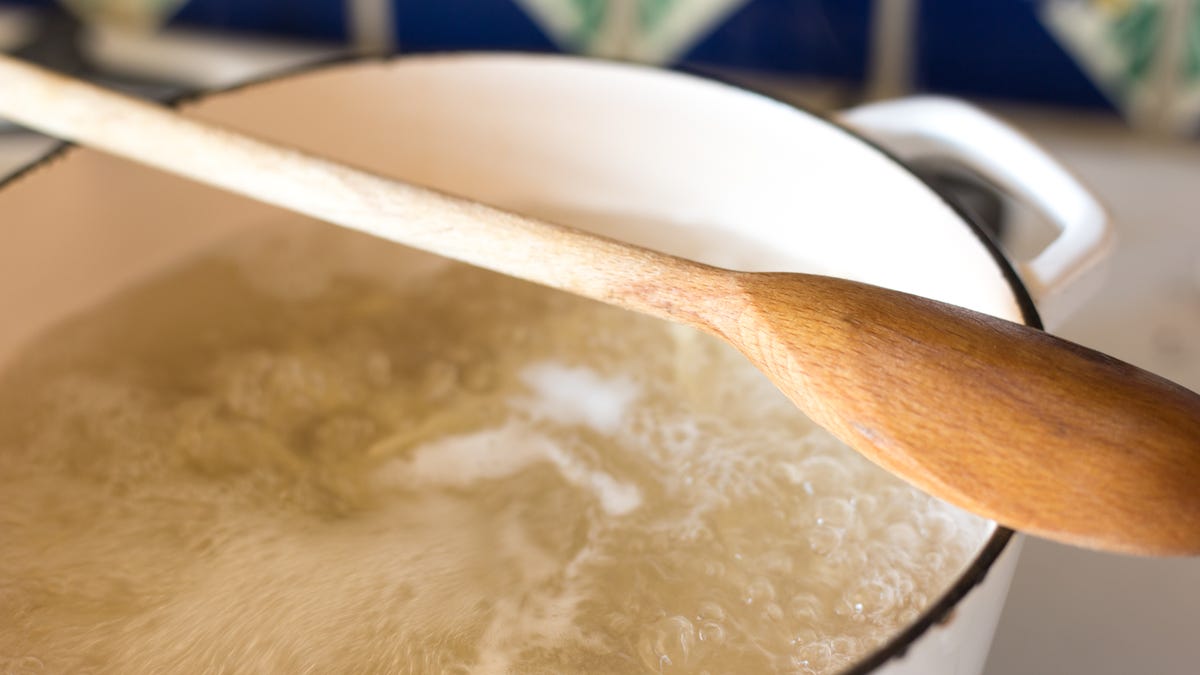
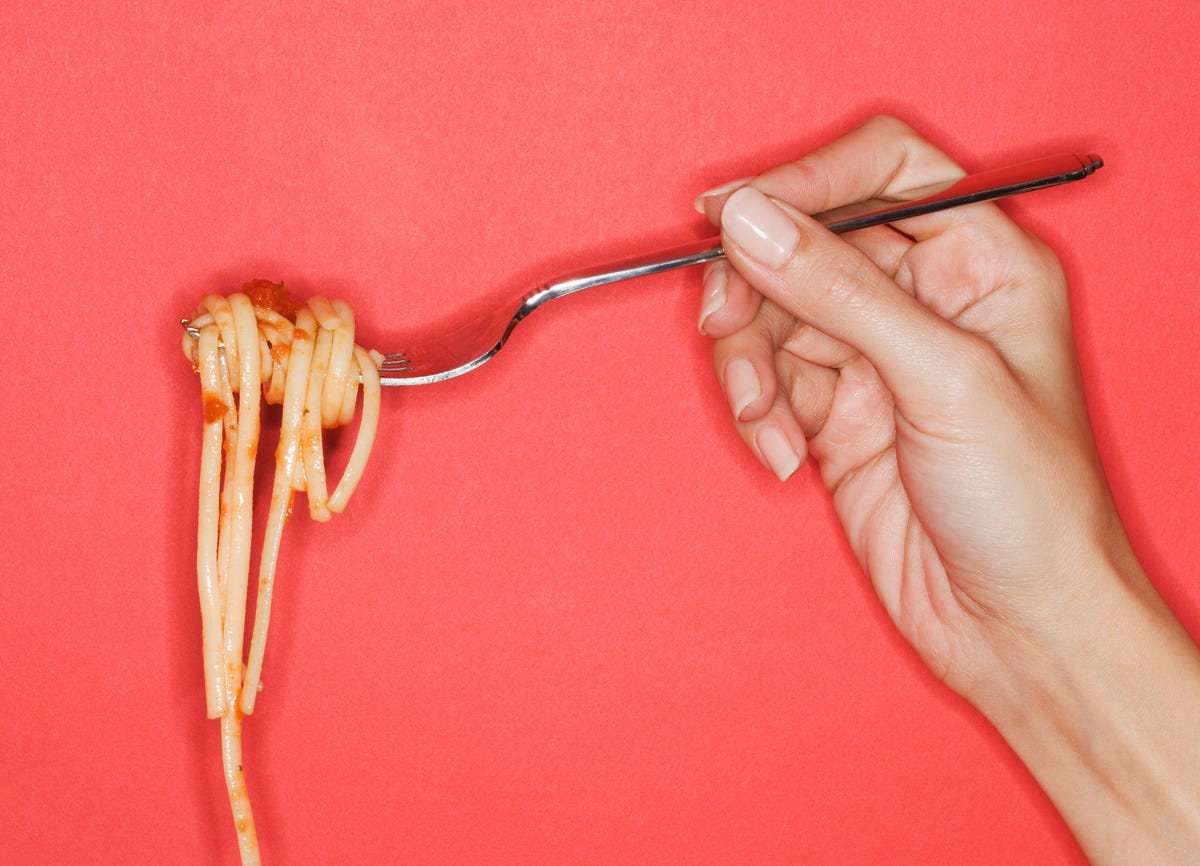

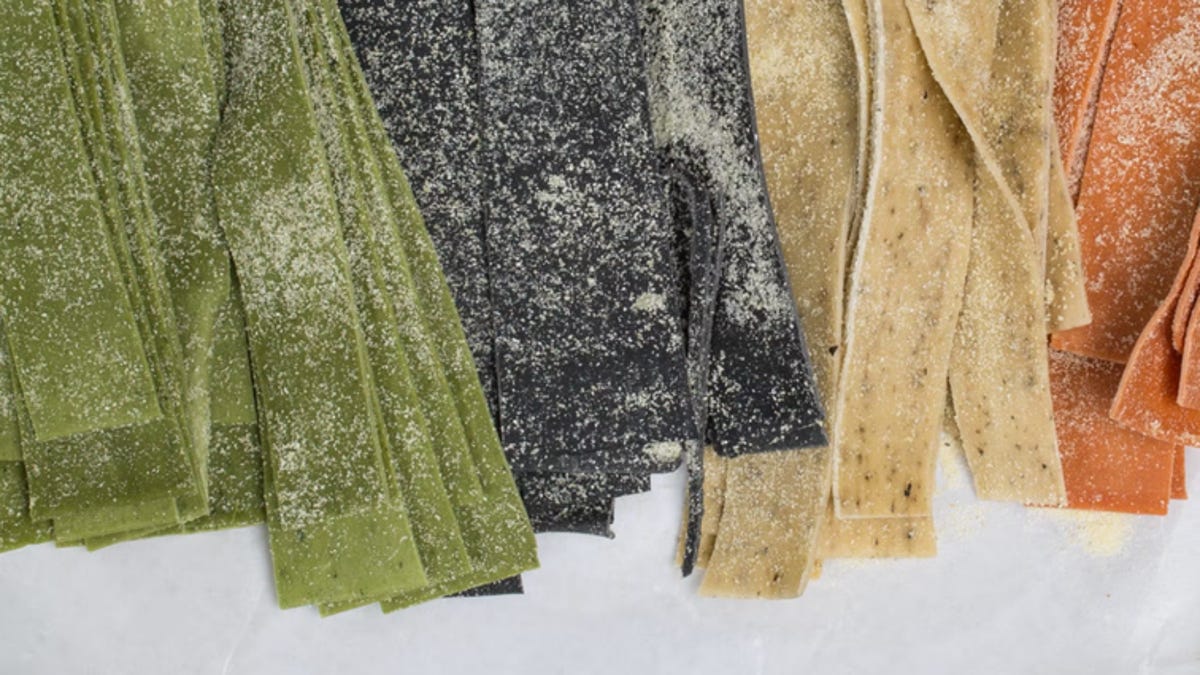
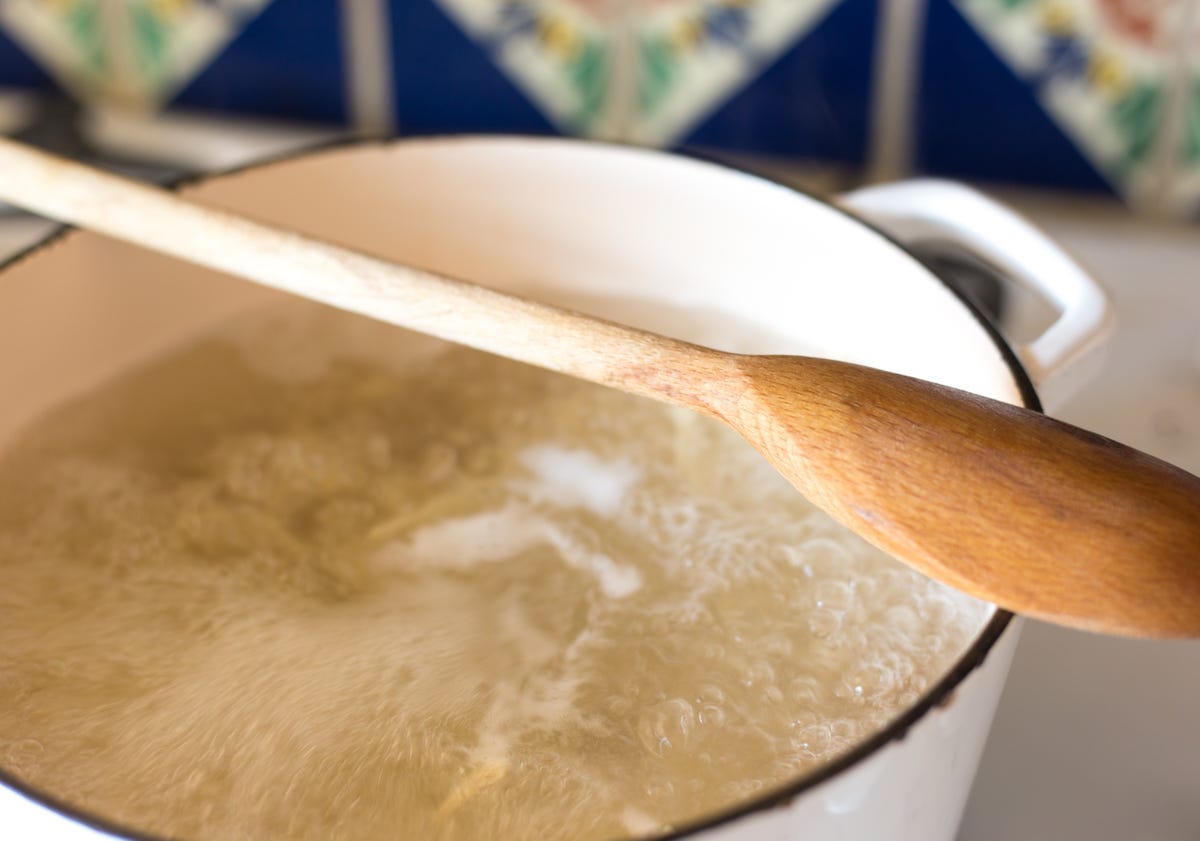
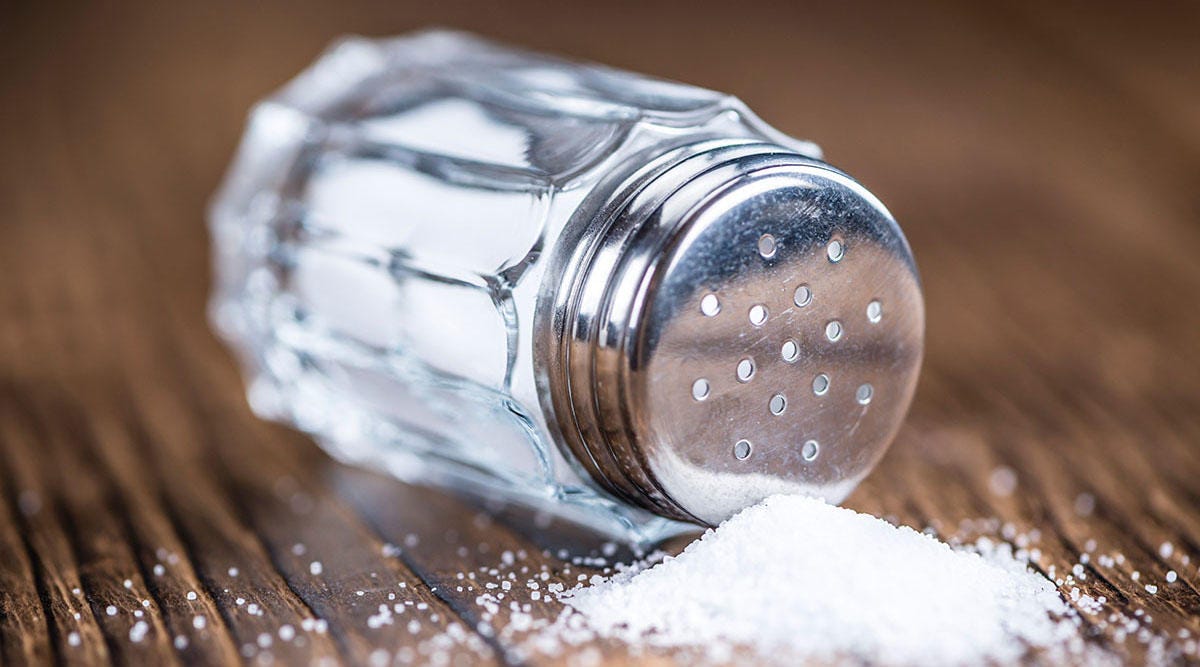
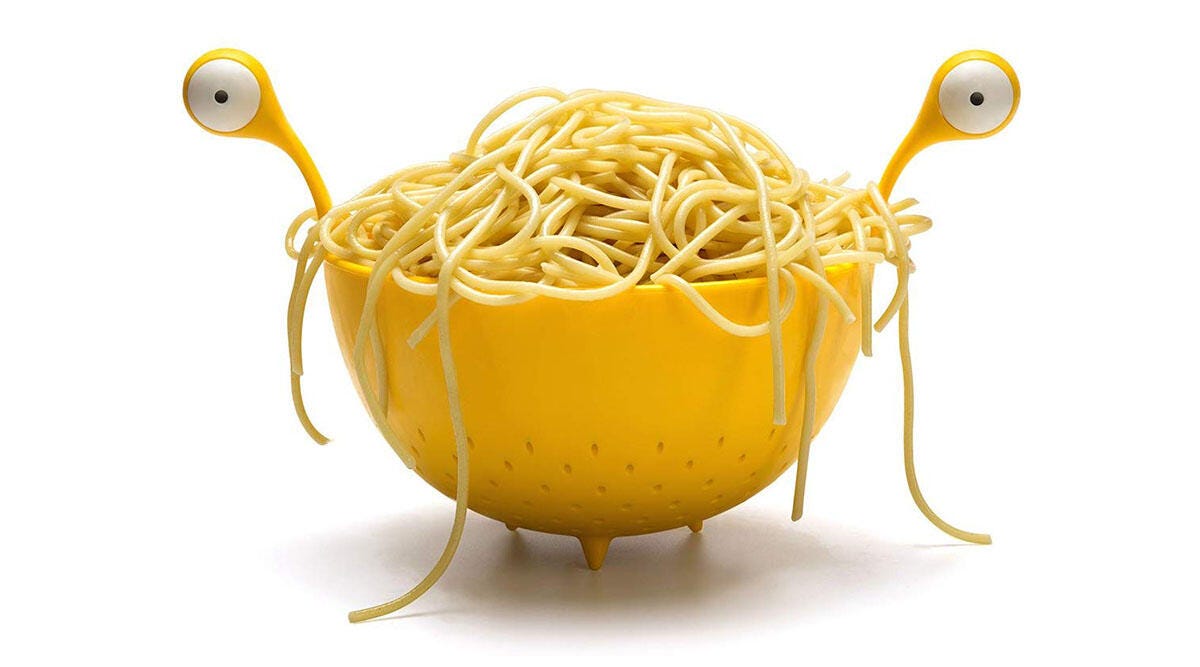
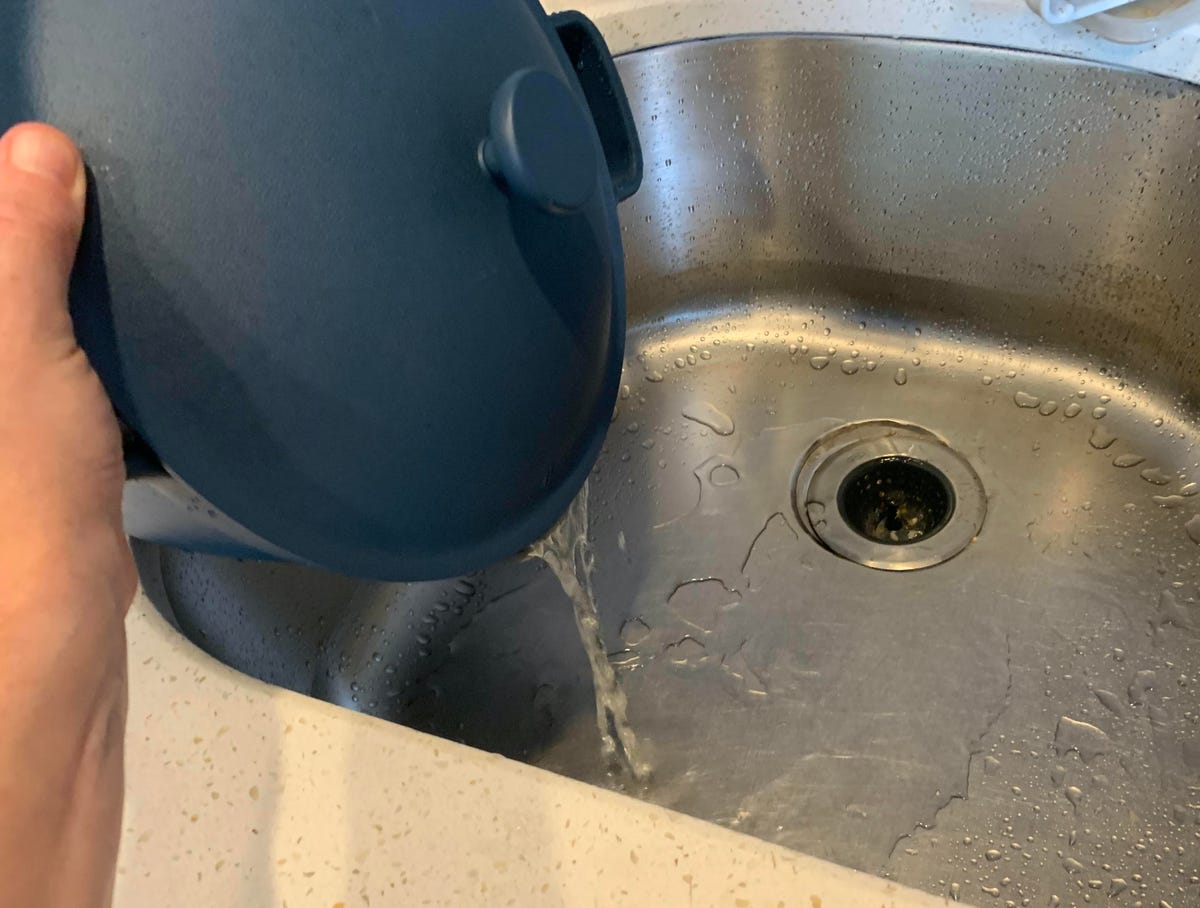
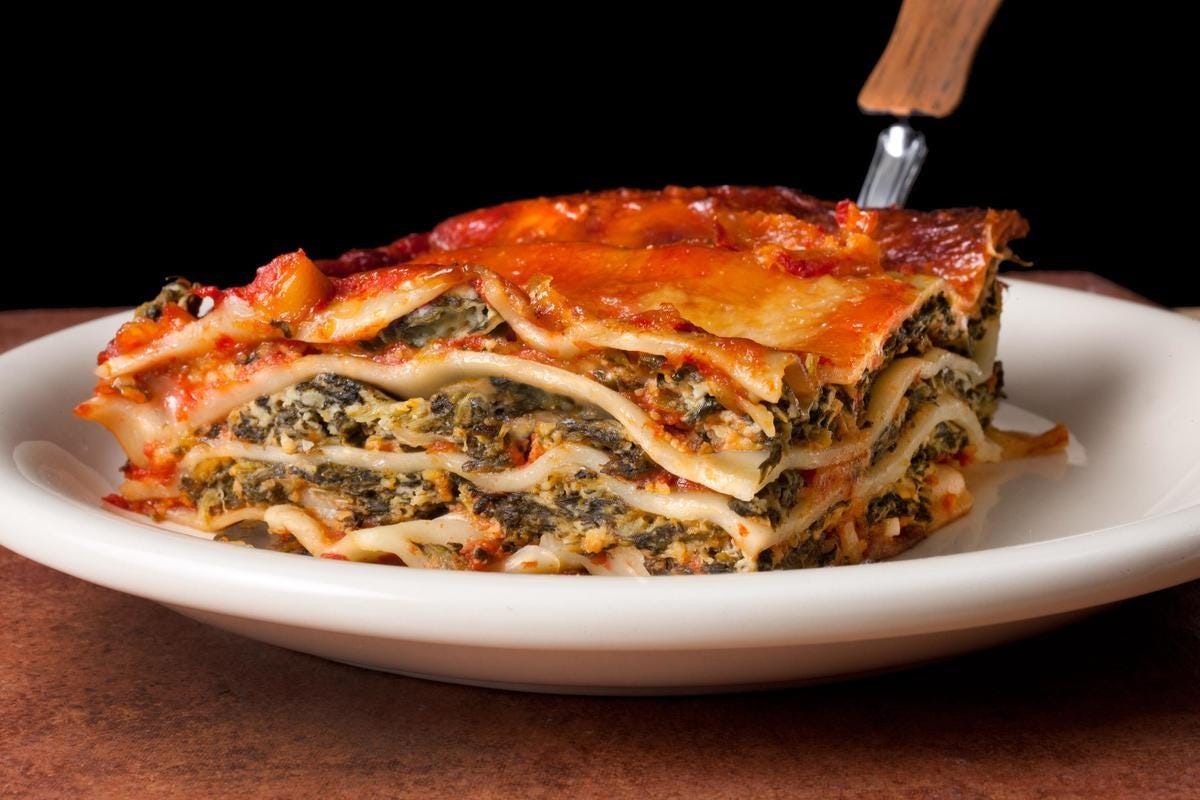
If you think salting your pasta is going to get water dinner on the table faster, think again. That doesn’t mean you shouldn’t salt your water (you definitely should salt the water), but accelerated cooking is just one of the many pasta myths we need to debunk.
To separate the pasta protocol from the bogus and fabricated, we asked an expert about the biggest pasta myths, mistakes and misnomers that could ruin your rotini and compromise your pappardelle.
Filippo de Marchi, is chef at De Majo Restaurant & Terrace. We grilled Marchi based on nine of the most common pasta cooking myths. After he summarized it for us, seven of the nine turned out to be just that – myths – with no real benefit or function in real cooking.
“Cooking pasta is not difficult at all. It’s all about timing and the right ratio of water to pasta,” he says. “Don’t fall into the trap of believing in pasta myths. Just trust your instincts and follow the basic instructions.”
Here are the biggest pasta myths and mistakes we’ve all fallen victim to.
1. Throwing pasta against the wall to see if it sticks proves it’s done
The chef’s opinion: FALSE

“This is not the best way to check doneness,” says de Marchi. “The texture of the pasta may change as it hits the wall, but it does not give an accurate indication of whether it is properly cooked.”
Instead, it is more accurate to scoop out a single strand and taste it. You can then see whether the perfect al dente texture has been achieved.
2. Adding olive oil to the pasta water will keep the noodles from sticking
The chef’s opinion: FALSE

Olive oil in your water is not the best solution for sticky paste.
Olive oil is a necessary addition to most pasta dishes, but save it for the plate.
“The oil just floats on the water and doesn’t coat the pasta effectively,” says de Marchi. “The best way to prevent sticking is to use plenty of water, stir the pasta frequently during the first few minutes of cooking and make sure you use the right size pan for the amount of pasta you are cooking.
“This way the pasta has plenty of room to move and cook evenly,” he adds.
3. Fresh pasta is always better than dry pasta
The chef’s opinion: FALSE

Fresh pasta has a good PR, but some dried pasta is just as tasty.
It’s all about personal preference. Fresh, dried or frozen; chefs are not here to dictate what your taste buds like and don’t like.
“Fresh pasta has a softer texture and cooks quickly, making it perfect for delicate sauces,” says the chef. “On the other hand, dry pasta has a firmer texture and holds up well to hearty or thicker sauces.”
De Marchi also likens it to choosing between two great actors for a movie role. “The choice depends on the character they are portraying,” he says, “just as the choice between fresh and dry pasta depends on the dish you are making.”
4. Leave the pan covered while the pasta cooks
The chef’s opinion: FALSE

Preventing your pan from boiling over is as easy as placing a wooden spoon on the top.
“Leaving the lid off the pan while the pasta is cooking is the best choice,” advises De Marchi. “This prevents the water from boiling over and helps control the cooking process. Plus, it allows the steam to escape, which helps prevent the water from foaming and creating a starchy mess.”
Also, as recommended, make sure you choose the right size pan so that your pasta cooks evenly.
5. Adding salt makes the water boil faster
The chef’s opinion: FALSE

Salt does not make your pasta water cook significantly faster.
Salt plays an important role in boiling water, but not when it comes to heat. (Impurities do change the boiling point of water, but the amount of salt you add to the pasta water doesn’t make a significant difference.) Rather, it’s essential to add salt so the pasta can absorb its flavor.
“If you cook without enough salt, the pasta can taste a bit bland,” warns de Marchi, whose signature dish at NHC Murano Villa is a spaghetti alle vongole. The fish dish, which comes from the region of Venice bordering the ocean, is a combination of vongole (usually mussels, garlic, white wine and chili flakes), sea asparagus and lemon peel.
6. Drain the pasta until it is completely dry
The chef’s opinion: FALSE

A little pasta water helps the sauce stick.
There’s a reason why salted pasta water is so highly regarded. Not only does it contain a delicious brine to enhance sauces, but it also helps the sauce adhere to the pasta itself.
“This makes for a more coherent and tastier dish,” De Marchi argues. “A little moisture can go a long way in making your pasta dish extra tasty.”
7. Run the cooked pasta under water before serving
Answer: FALSE

Keeping your pasta submerged will remove a lot of the starchy goodness.
If you want to expose yourself to possible injury via Nonna’s rolling pin or wooden spoon, run your cooked pasta under fresh water.
“This can remove the starchy layer that helps the sauce adhere to the pasta,” says de Marchi. “The residual heat from the pasta allows the sauce to marry with the pasta, creating a more flavorful and cohesive dish.
“Think of it as a beautiful marriage: you want the sauce and the pasta to come together and live happily ever after, not to take a cold shower right before serving.”
8. You need to pre-cook lasagna sheets
Answer: FALSE

Not all lasagna recipes call for pre-cooked noodles.
“Pre-cooking lasagna sheets is not always necessary, especially if you are using a sauce with a lot of liquid,” he says. “In fact, many lasagna recipes call for the sheets to be used directly without pre-cooking, which allows them to absorb liquid from the sauce and cook during the baking process.”
Set it, forget it and let the magic happen in the oven. Pasta is not something to think about or worry about. The simple preparation makes it all the more fun.




